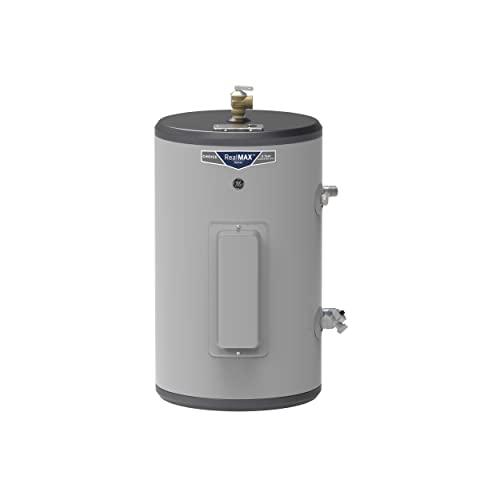Disclosure: This post may contain affiliate links, meaning we get a commission if you decide to make a purchase through our links, at no cost to you. Please read our disclosure for more info.
Nearly 32% of Americans are planning to buy a home sometime in the next five years. If you’re planning to become a homeowner soon – or you’ve just purchased a home – you might be feeling overwhelmed by all there is to do.
If you’ve bought or are planning to buy an older home, that comes with its own unique set of challenges. You’ll need to be prepared to have inspections performed by professionals so you can anticipate problems before they develop.
For example, to prevent a costly water damage disaster, you’ll want to prioritize plumbing inspections.
But, what happens during the course of the inspection? You’ve come to the right place. Keep reading for an overview of what to expect during a plumbing inspection.
In This Post:
What Does the Inspection Include?
Every inspection varies a bit, based on the age and structure of the house. However, there are a few aspects of a home that will need to be looked at closely.
Here’s a quick overview of what your inspector will check.
All Plumbing Fixtures
Anything in your home that includes pipes will be thoroughly inspected. This includes:
- Bathroom and kitchen sinks
- Toilets
- Bathtubs
- Showers
- Faucets
- Showerheads
- Outdoor fixtures like spigots
The plumbing inspector will look at all of the fixtures, checking for water pressure and proper drainage. They will also verify that the hot and cold water supply is working as it should.
Sewer System
Your inspector will also make sure there are no issues with your sewer system. In doing so, they’ll check for blockages, leaks, and any damage that may have developed in the lines.
In large commercial buildings, industrial sewer cleaning is often needed to keep the lines clear. A similar system is used for residential properties, where a powerful stream of hot water runs through the sewer lines to clear debris.
Pipes and Drain Lines
Plumbing inspections also include a thorough check of any exposed pipes in your home, in areas like a crawl space. The inspector will check for leaks and deterioration of the pipes, which helps prevent expensive damage from occurring later.
Hot Water Heater
Finally, your inspector will look at your hot water heater to make sure there are no safety hazards. This includes checking for carbon monoxide leaks and strange noises that may indicate an issue with the system.
Why Are Plumbing Inspections Important?
Simply put, scheduling regular plumbing inspections helps you save time and money. At the end of the inspection, you’ll receive a home maintenance plan that outlines recommendations you should take.
If you follow them and make the recommended improvements in plumbing, you could save yourself the future headache of dealing with a burst pipe, house flood, or another water catastrophe.
Experience the Joys of Homeownership
Sure, plumbing inspections aren’t part of the glamourous side of owning a home. But, by doing your due diligence, you’ll have peace of mind that you’ve done everything you can to prevent a home disaster.
As a result, you can better focus on the fun parts of making your home your own. Read through our blog for more helpful homeownership tips!


